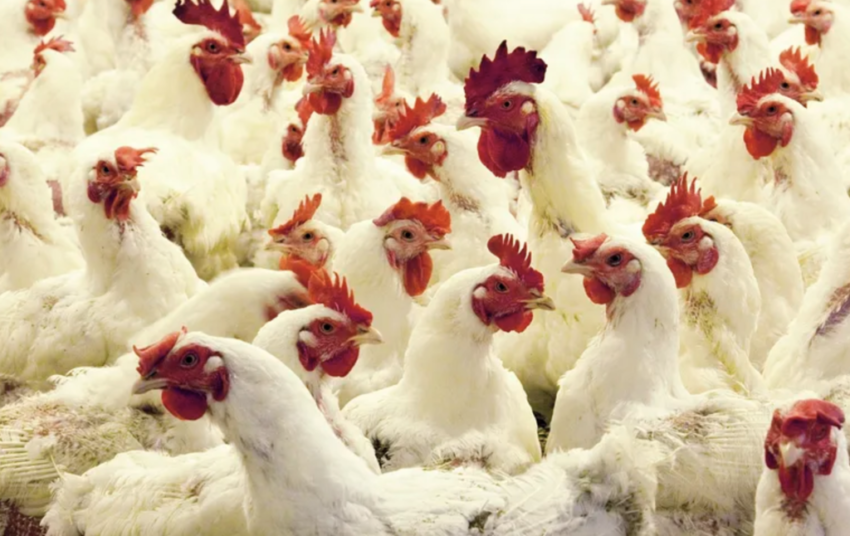THE NEW YORK TIMES – How unsafe are runny yolks really?
That depends on how much risk you’re willing to accept, said Felicia Wu, a professor of food safety, toxicology and risk assessment at Michigan State University.
“If you look at the eggs typically purchased in the United States, most of them are perfectly safe to eat in a runny state,” she said. “It’s just that we don’t know when there’s an individual egg that contains some risk.”
Salmonella is a real concern.
Eggs can carry harmful bacteria, including E. coli and campylobacter. But salmonella — the leading cause of food poisoning-related deaths nationwide — is by far the biggest hazard, said Dr. John Leong, a professor of molecular biology and microbiology at Tufts University.
…article continued below
– Advertisement –
Recent data on salmonella-infected eggs is hard to find. One widely cited study from 2000 suggested that one in every 20,000 eggs carries the bacteria. This might not sound like a lot, but given how many eggs Americans eat — about 250 per person on average in 2023 — that risk can add up.
Salmonella can cause fevers, stomach cramping, diarrhea, vomiting and in rare cases, lingering joint pain.
And while most recover on their own or with antibiotics, around 26,500 people with salmonella are hospitalized and about 420 die of their infections each year. Salmonella is especially dangerous for older people, young children and those who are pregnant or immunocompromised. Public health officials are growing more concerned about antibiotic-resistant salmonella strains, Dr. Leong said.
Bird flu is less of a concern.
Although the recent bird flu outbreak is killing millions of hens and sending egg prices surging, experts say the evidence currently suggests that the virus is unlikely to end up in an egg you’re eating.
…article continued below
– Advertisement –
That’s mainly because infected hens die of bird flu before they can lay eggs, said Dr. John Swartzberg …
